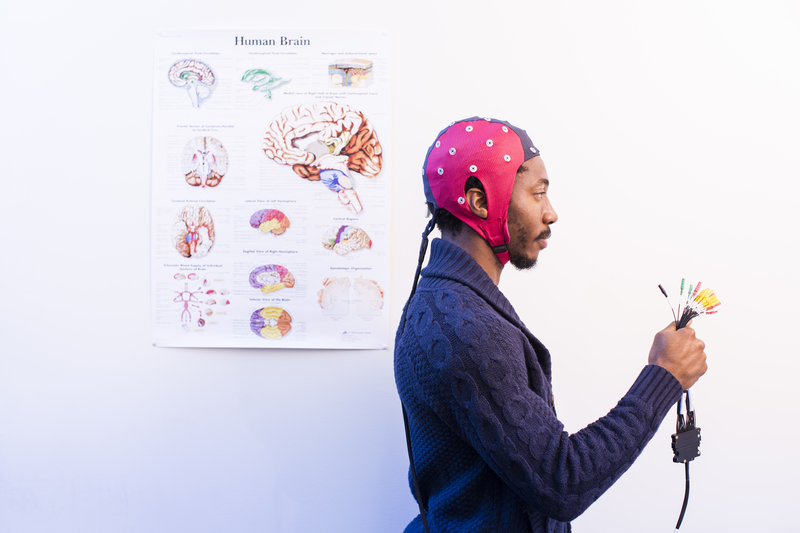
The Cognitive and Information Sciences faculty conduct vibrant research programs that investigate cognition in many forms and at many scales: from brain cells to consciousness to culture, from milliseconds of sensorimotor coordination to years of technology-mediated communication to eons of biological evolution. A major unifying perspective is that of dynamical and complex systems — a perspective that offers many concepts, models, and methods applicable to the study of emergent cognitive phenomena at any spatial and temporal scale. The complex systems framework provides a shared approach to the exploration of mind, brain, and computation. In addition to conducting basic research, the group aims to expand the public understanding of the science of cognition and the socially responsible application of scientific findings to technology, policy, and practice. In its short history, the CIS group has established an international reputation as a world leader in the study of cognition from the perspectives of complex systems, dynamics, language, embodiment, philosophical methods, cognitive engineering, behavioral methods, and the computational modeling of cognitive processes.
The Ph.D. program in Cognitive and Information Sciences pursues the dual goals of producing highly interdisciplinary academic cognitive scientists and expanding the responsible use of cognitive science in a broad array of other commercial and public service domains. The curriculum is grounded in experiences conducting innovative original research, and it focuses on multi-disciplinary and cross-disciplinary skills, including advanced computational and data analysis methods. Program requirements include six graduate-level courses, regular participation in a weekly graduate seminar, research projects in the first and second years, the production of two integrative review papers, a teaching requirement, a research presentation requirement, and a candidacy examination. Most importantly, students must successfully complete a written doctoral dissertation containing an original contribution to scientific knowledge in some domain within the cognitive and information sciences.
The M.S. program in Cognitive and Information Sciences trains students in experimental, analytical, and computational methods and theories concerning human perception, cognition, behavior, and interaction. The program allows students to concentrate their studies on basic research in preparation for continued study at the doctoral level, or students may concentrate on applied methods and skills useful to careers in cognitive data science, careers at the interface of humans and technology, and other non-academic career paths that stem from cognitive science training. Cognitive science is a growing interdisciplinary field that combines knowledge and techniques from the social, natural, and computational sciences, as well as philosophy, to address problems related to mind, brain, and behavior. Due to this intrinsic interdisciplinarity, researchers often need training in multiple disciplines for advanced study, beyond what is typically covered in most undergraduate degree programs. Students may choose either a thesis track or a capstone track, with both tracks designed so that coursework may be completed in two full-load semesters. The capstone or thesis may then be completed by end of the subsequent Summer.



